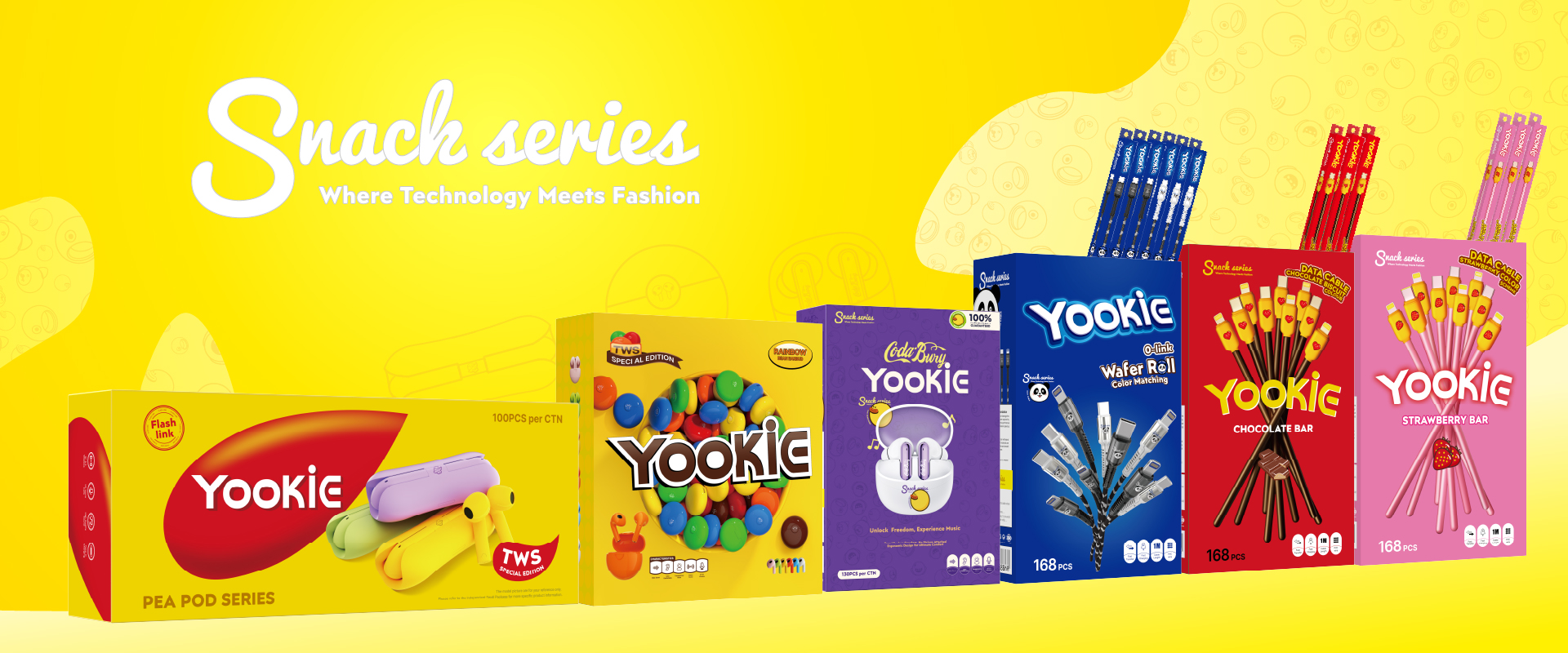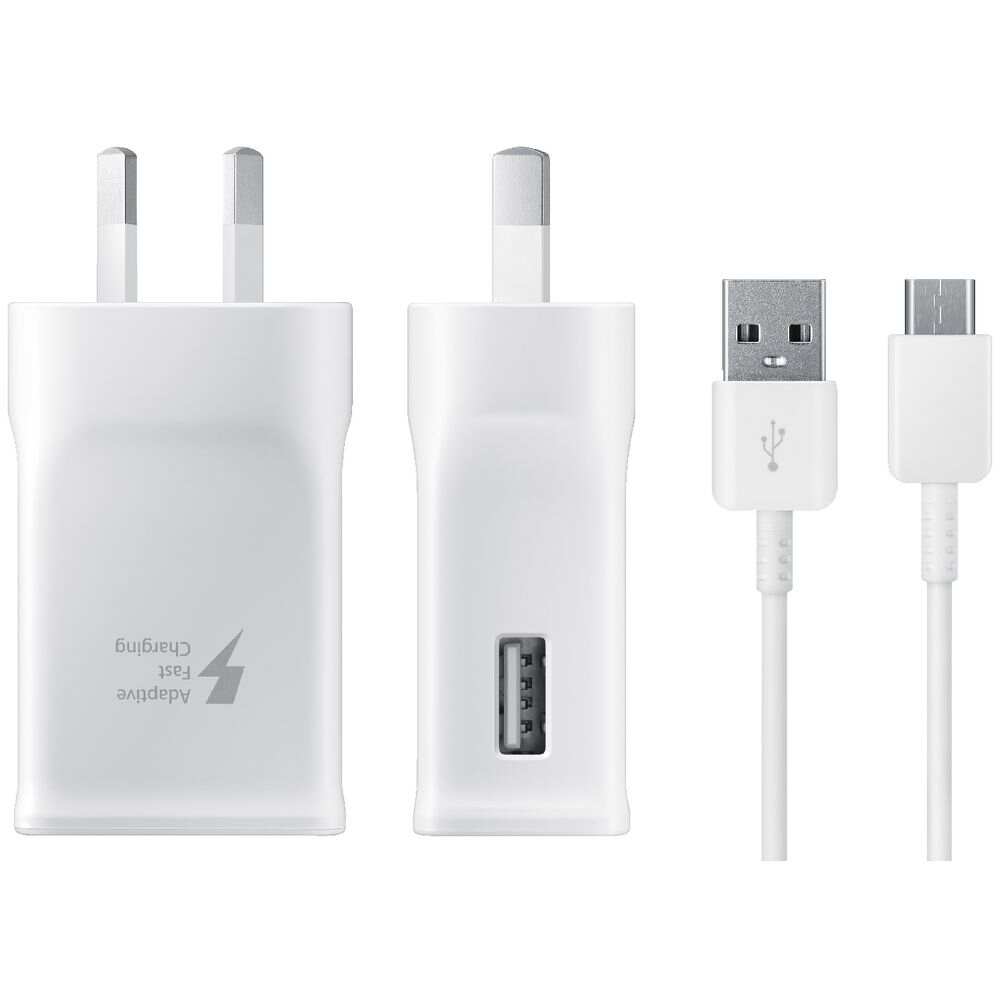Language
Currency

Before making this problem clear, we have to know how the fast charger work. The fast charger is composed of a fast-charging head, also well known as an adapter, and a USB cable which a wide range of materials are available such as nylon-braided USB cables.
The output power of the charging head directly determines the charging speed. The power supported by the charger determines the lower limit of charging power, while the charging power supported by the phone determines the upper limit.
Let’s take iPhone for example. iPhone fast charging needs to meet two requirements: one is charging head with Type-C port and the other is data cable with Type-C to Lightning. iPhone 8 or the latest iPhone already supports 18W fast charge of PD fast charge protocol. If your charging head does not reach 18W, you can only charge with the maximum power supported by the charging head even if you use the best data cable.
Questions will be raised by most of you. Doesn’t a USB cable impact the charging speed? Don’t be hurry. The relationship among chargers, charging cables and phones is a bit like that among dams, water pipes and household taps. If the water pipe is too long or crammed, the transmission speed will get slower definitely.

As we mentioned above, the charging speed is also depended on USB cables. There are several factors of the USB cable that can affect the charging speed including the length, the gauge (thickness) of the internal wire as well as the quality of the wire.
As we all know, resistance will be generated when the current flow through the cables. If all the other factors are remained unchanged the longer the cable, the larger resistance. That means the longer charging time.
The resistance depends on the gauge and the length of the USB cable. It would be more easily understood by comparing the charging process as transporting water into a bucket. When all the other factors are remained unchanged, the larger gauge the fast charging speed since the water pipe allows much more amount of water through.
In addition, the quality of the USB cable is also a great factor that affect the charging speed. Bad quality cable decrease the charging speed since it has just a few copper-core wires, resulting in poor performance in conductivity.
There are three factors of USB cables we should take into consideration when choosing one including the compatibility of USB cables and the quality and materials of wires.
The most important thing we should take into consideration is the compatibility. We should not also consider the compatibility between the fast chargers and the USB cables but also the compatibility between the phone and the USB cables. The compatibility among them allows for the optimal fast charging while the incompatibility leads to poor charging speed. Therefore, the USB cable coming with your phone is always the best choice to achieve the maximum charging power.
If you have to buy other USB cables, you have to check their parameters before make an order. In general, the maximum battery power of fast chargers and USB cables must be larger than that of your phone.
Classified by materials, there are five types of USB cables: polyvinyl chloride (PVC) USB cables, thermoplastic elastomer (TPE) USB cables, nylon-braided USB cables, polyester fibre USB cables and Kevlar USB cables.
In order to solve some people’s confusion, we have shared some basic information about fast chargers and USB cables as well as the relationships between the phone and the two. We are a professional nylon-braided USB fast charger manufacturer, supplier and exporter, offering high-quality products with wholesale prices. More info, please feel free to contact us.
Email format error
Email cannot be empty
Email already exists
6-20 characters(letters plus numbers only)
The password is inconsistent
Email format error
Email cannot be empty
Email does not exist
6-20 characters(letters plus numbers only)
The password is inconsistent